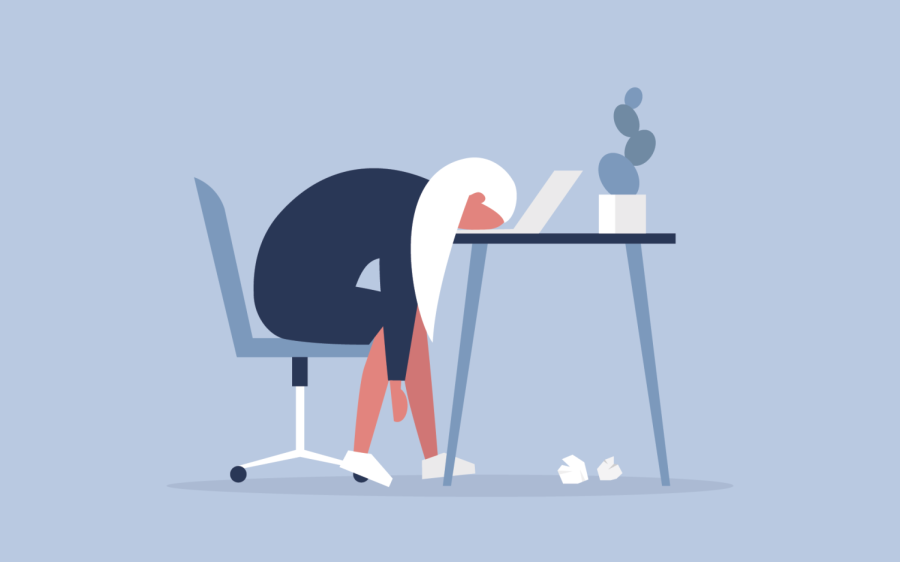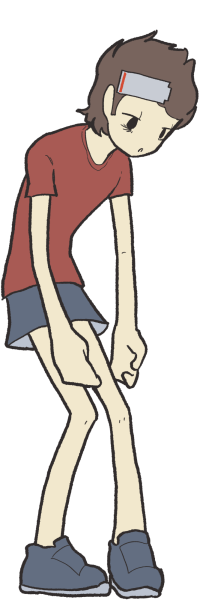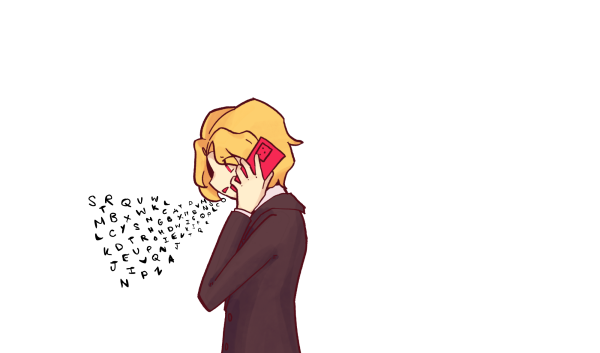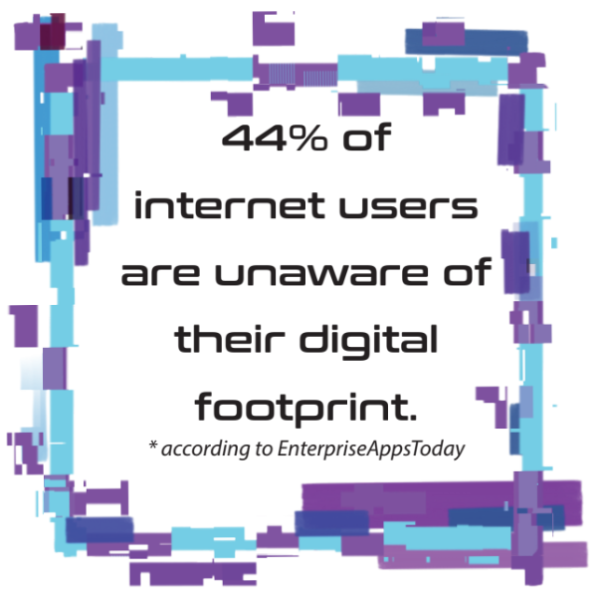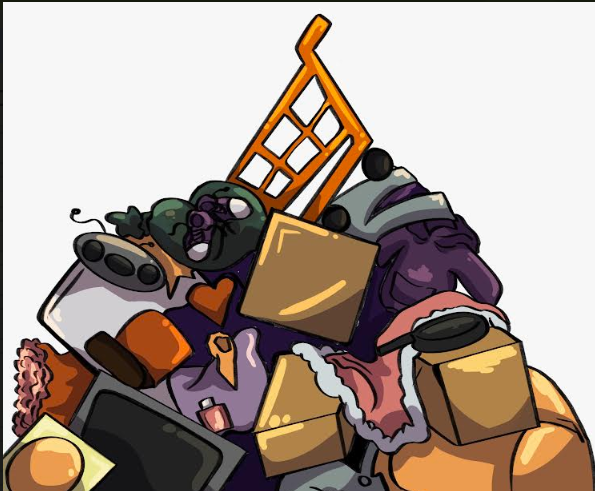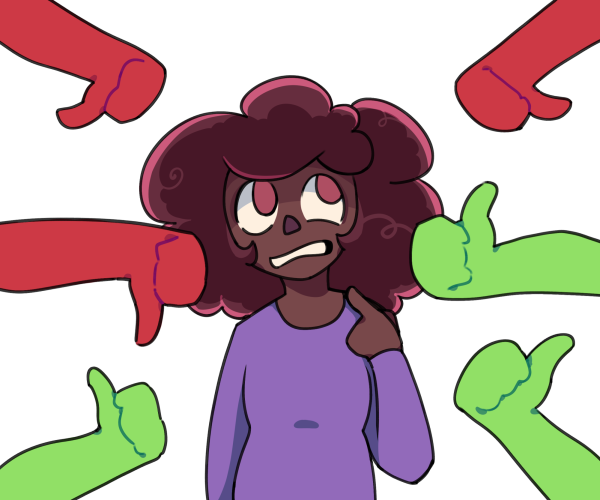Overcoming burnout
January 6, 2022
Once the leaves start turning and snow starts falling, I know it’s time to rewatch one of my favorite TV series: Gilmore Girls (warning: there may be spoilers).
Gilmore Girls follows the life of a young mom and her teenage daughter navigating the ins and outs of teen pregnancy, first love, and the Ivy League world. If warm cookies and hot chocolate could be a 2000s coming of age show, it would be Gilmore Girls.
Ever since she could remember, Rory dreamed of going to Harvard University. Throughout her teenage years she works relentlessly to make that dream a reality by late nights studying, a cup of coffee in her hand at all times, and keeping a close eye on her academic rival: Paris.
Although I partially keep gravitating towards this show for its “cold weather, warm feeling” ambience, I also look to Rory for academic inspiration. She works tirelessly, always keeps her goals in sight, and to be honest is a total “girlboss”.
This, my junior year, classes are tough and test prep is piling up, Rory seems like the only thing that’s keeping me going nowadays.
But like every conventionally perfect character, Rory’s halo starts to fade away. She starts to become toxic and irritable towards her loved ones and doesn’t find as much enjoyment in things she used to love. She ends up dropping out of Yale University and remains jobless for years after.
Many people, me included, have somewhat lazily marked this period as “Rory’s downfall”. Although the abundance of morally flawed choices she makes throughout this time make it painfully easy to hop on the “I hate Rory” bandwagon, her decline in character development alludes to a much larger issue.
Burnout.
Also known as the topic of taboo in all workplaces. The kryptonite of high achievement. The achilles heel of all workaholics.
I could go on and on but in plain words, burnout is the state of emotional and physical exhaustion caused by a prolonged period of stress and frustration. The most common places of this happening are in the workplace, college, and high school.
Over the past few months I’ve had my own experience with burnout causing me to slowly take less time to care for my basic needs and more time to achieve academic and athletic success.
Some of the first red flags were my chronically drained social battery and need for perfection. I also found myself neglecting my mental and physical health just to keep ahead with my responsibilities. Activities that used to bring me joy like running, writing, and reading became chores. Waking up now caused dread and anxiety.
I even procrastinated writing this column until the night before it was due, later asking for an extension, which is something I never used to do. Not only was the thought of another task stopping me from writing my first draft, but the thought of failing and not producing my best work held me back as well.
This phenomenon has polluted so many aspects of our modern day “hustle culture” that even the writers of a fictional character couldn’t help but lead Rory into a rut of emotional burnout. Although I still hold a grudge towards Rory and all the self-sabotage she inflicted, I now understand that it wasn’t all entirely her fault. No one warned her of the psychological effects of burnout and no one told her how to overcome it either.
Rory is just one of the many cautionary tales of burnout, even though millions of Americans suffer from this condition every year. Recognizing the signs of burnout and how to deal with it are just the first steps of helping the people who fall victim to this illness.
Acknowledging what is causing your burnout and why it might be causing it are the next steps. And then, talk to someone about your struggles and discuss how you can partake in more activities that give you life instead of drain you of it.
Next time either yourself or your loved ones starts displaying these symptoms, remember it’s okay to take a break, your wellness is more important than your achievements.



